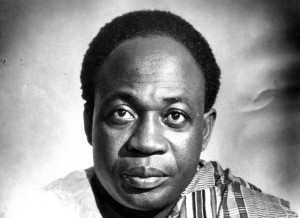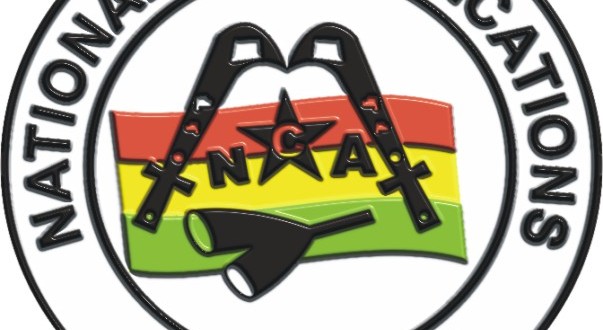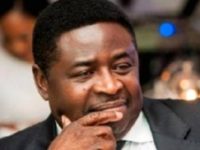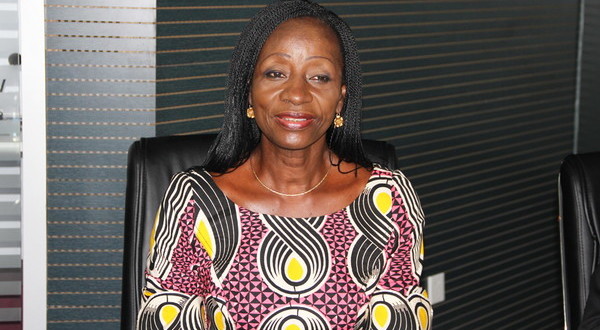 Declassified National Security Council and Central Intelligence Agency documents provide compelling evidence of United States government involvement in the 1966 overthrow of Ghanaian President Kwame Nkrumah.The coup d’etat, organized by dissident army officers, toppled the Nkrumah government on Feb. 24, 1966 and was promptly hailed by Western governments, including the U.S.
Declassified National Security Council and Central Intelligence Agency documents provide compelling evidence of United States government involvement in the 1966 overthrow of Ghanaian President Kwame Nkrumah.The coup d’etat, organized by dissident army officers, toppled the Nkrumah government on Feb. 24, 1966 and was promptly hailed by Western governments, including the U.S.
The documents appear in a collection of diplomatic and intelligence memos, telegrams, and reports on Africa in Foreign Relations of the United States, the government’s ongoing official history of American foreign policy. Prepared by the State Department’s Office of the Historian, the latest volumes reflect the overt diplomacy and covert actions of President Lyndon B. Johnson’s administration from 1964-68. Though published in November 1999, what they reveal about U.S. complicity in the Ghana coup was only recently noted.
Allegations of American involvement in the putsche arose almost immediately because of the well-known hostility of the U.S. to Nkrumah’s socialist orientation and pan-African activism.
Nkrumah, himself, implicated the U.S. in his overthrow, and warned other African nations about what he saw as an emerging pattern.
“An all-out offensive is being waged against the progressive, independent states,” he wrote in Dark Days in Ghana, his 1969 account of the Ghana coup. “All that has been needed was a small force of disciplined men to seize the key points of the capital city and to arrest the existing political leadership.”
“It has been one of the tasks of the C.I.A. and other similar organisations,” he noted, “to discover these potential quislings and traitors in our midst, and to encourage them, by bribery and the promise of political power, to destroy the constitutional government of their countries.”
A Spook’s Story:
While charges of U.S. involvement are not new, support for them was lacking until 1978, when anecdotal evidence was provided from an unlikely source—a former CIA case officer, John Stockwell, who reported first-hand testimony in his memoir, In Search of Enemies: A CIA Story.
“The inside story came to me,” Stockwell wrote, “from an egotistical friend, who had been chief of the [CIA] station in Accra [Ghana] at the time.” (Stockwell was stationed one country away in the Ivory Coast.) Subsequent investigations by The New York Times and Covert Action Information Bulletin identified the station chief as Howard T. Banes, who operated undercover as a political officer in the U.S. Embassy.
This is how the ouster of Nkrumah was handled as Stockwell related. The Accra station was encouraged by headquarters to maintain contact with dissidents of the Ghanaian army for the purpose of gathering intelligence on their activities. It was given a generous budget, and maintained intimate contact with the plotters as a coup was hatched. So close was the station’s involvement that it was able to coordinate the recovery of some classified Soviet military equipment by the United States as the coup took place.
According to Stockwell, Banes’ sense of initiative knew no bounds. The station even proposed to headquarters through back channels that a squad be on hand at the moment of the coup to storm the [Communist] Chinese embassy, kill everyone inside, steal their secret records, and blow up the building to cover the facts.Though the proposal was quashed, inside the CIA headquarters the Accra station was given full, if unofficial credit for the eventual coup, in which eight Soviet advisors were killed. None of this was adequately reflected in the agency’s records, Stockwell wrote.
Anthony Obeng Afrane





